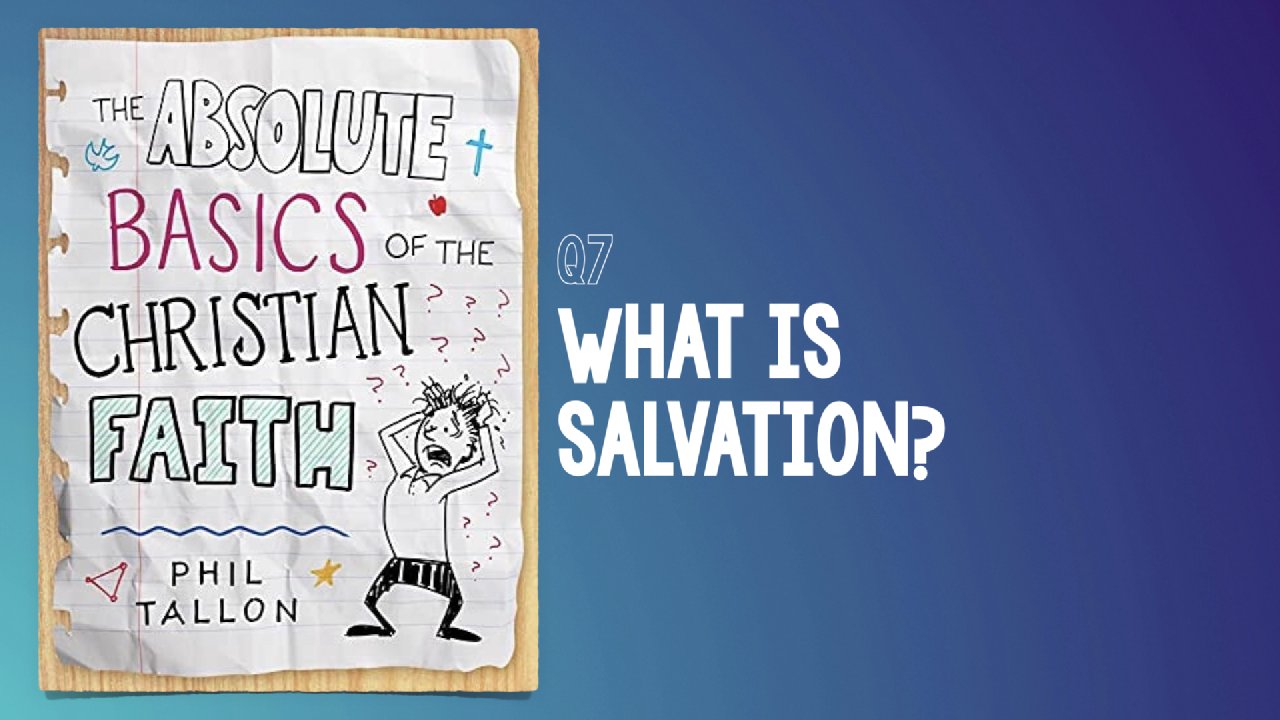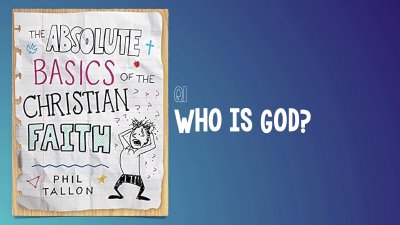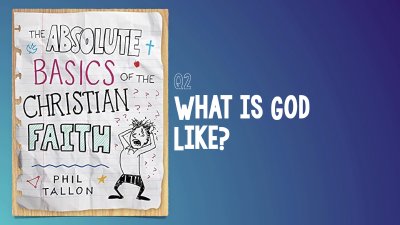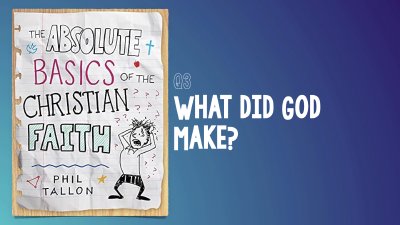Q: What is salvation?
A: Through Jesus' sacrificial death and victorious resurrection, we are reconciled with God and rescued from destruction. (1 Timothy 2:5-6)
● Discussion Question: Where do you see disrupted relationship in your own life?
● Discussion Question: What does it mean that death is a consequence for sin?
● Discussion Question:
○ Look up and read Matthew 18:21–27. What problem does the servant have in this passage? What does he ask the master to do for him? What does the master do for him? Who bears the financial cost of rescuing the servant from his debt in this story? Would it be hard or easy for you to forgive a monetary debt that someone owed you? What would make it hard or easy to do so?
○ Continue: Read Matthew 18:28–30. The fellow servant has the same problem the original servant had—he owes a debt he is unable to pay. What is the original servant’s response to his fellow servant’s request for mercy and patience? Who is expected to bear the financial cost of the financial situation in these verses?
● Discussion Question: Look up and read 1 Timothy 2:5–6. The Bible teaches that we have a moral and spiritual debt before God that we cannot repay. Who bears the cost for our situation before God according to these verses?
● Discussion Question: Does Jesus’ death on the cross have power to save people who are a part of other religions?
● Discussion Question: Jesus responded to our disrupted relationship and our prospects for death in two distinct ways: reconciliation and rescue. How do we enact these two remedies in our relationships with family, friends, and people we interact with each day?
● Discussion Question: Jesus’ death made a way for us to be forgiven. But how does the gospel fix us?
● Discussion Question: What was the most important idea you learned from this lesson? Is there anything you still don’t understand?
● Application Question: Have you personally experienced God’s reconciliation through faith in Jesus? If so, when did this first happen? If not, please share where you are right now with God? (This is an important question.)








